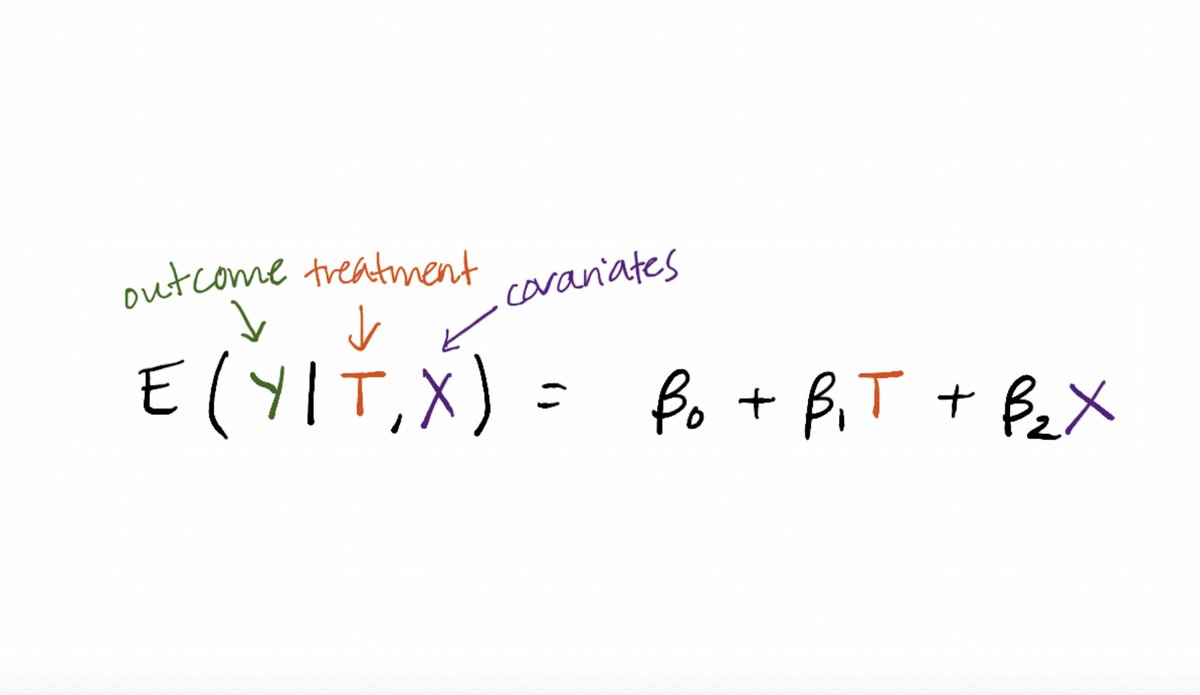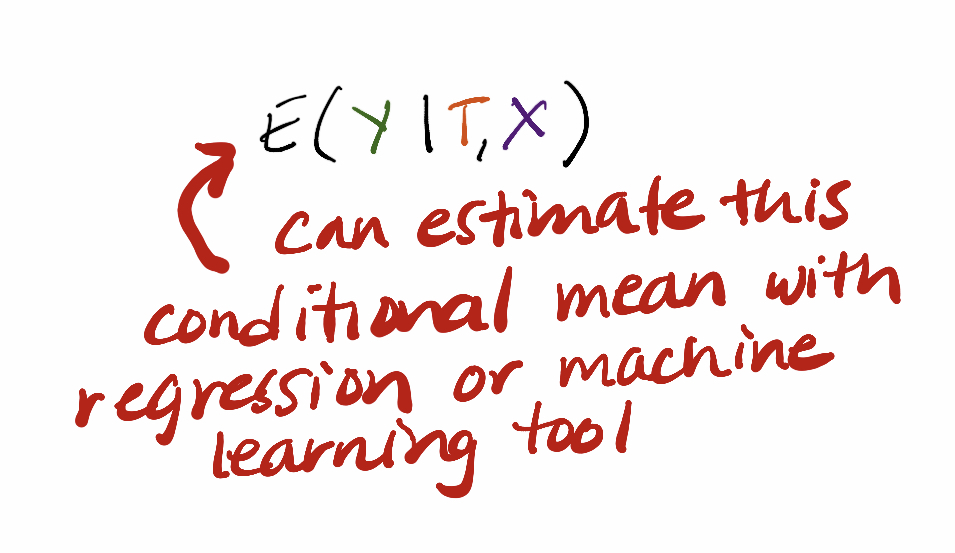
During my leave I’ve really enjoyed reading about the inspiring women trailblazers in statistics who paved the way for us. Here are some of my favourite quotes in chronological order. Please share yours! #WSDS
Clara E. Collet writes in her chapter on women's work in Life and Labour of the People of London👇 (freely available to read: public-library.uk/dailyebook/Lif… )
🖼 source: facebook.com/SenateHouseLib…
🖼 source: facebook.com/SenateHouseLib…

Janet Lane-Claypon pioneered the use of cohort studies and case-control studies & wrote 👇
🖼 source: en.wikipedia.org/wiki/Janet_Lan…
🖼 source: en.wikipedia.org/wiki/Janet_Lan…

Frances Wood writes in an article on the increase in the cost of food after war 👇
🖼source: significancemagazine.com/science/563-th…
🖼source: significancemagazine.com/science/563-th…

Gertrude Cox was a pioneer in experimental design and was the first woman elected into the International Statistical Institute in 1949.
🖼source: Wikipedia
🖼source: Wikipedia

Florence Nightingale David won the first Elizabeth L. Scott Award in 1992 for dismantling barriers for women in Statistics
🖼 source: magazine.amstat.org/blog/2016/03/3…
🖼 source: magazine.amstat.org/blog/2016/03/3…

Stella Cunliffe was the Director of Statistics at the UK Home Office and became the first female president of the @RoyalStatSoc in 1975.
🖼: Causeweb
🖼: Causeweb

@RoyalStatSoc Elizabeth Scott or the “woman who used regression to influence the salaries of many” said 👇
🖼: rss.onlinelibrary.wiley.com/doi/pdf/10.111…
🖼: rss.onlinelibrary.wiley.com/doi/pdf/10.111…

@RoyalStatSoc Margaret Butler started working as statistician followed by a great career path in the public sector in the earliest days of computers and nuclear energy.
🖼 : semiwiki.com/general/2128-m…
🖼 : semiwiki.com/general/2128-m…

@RoyalStatSoc We’ve come a long way but there’s still work to be done to incorporate diversity into our institutions and resources including Wikipedia. At @statsyss we’re planning to address this with an
event that we’ll be announcing shortly…
#BlackInStats #BlackInData #LatinasInStats


event that we’ll be announcing shortly…
#BlackInStats #BlackInData #LatinasInStats



• • •
Missing some Tweet in this thread? You can try to
force a refresh












